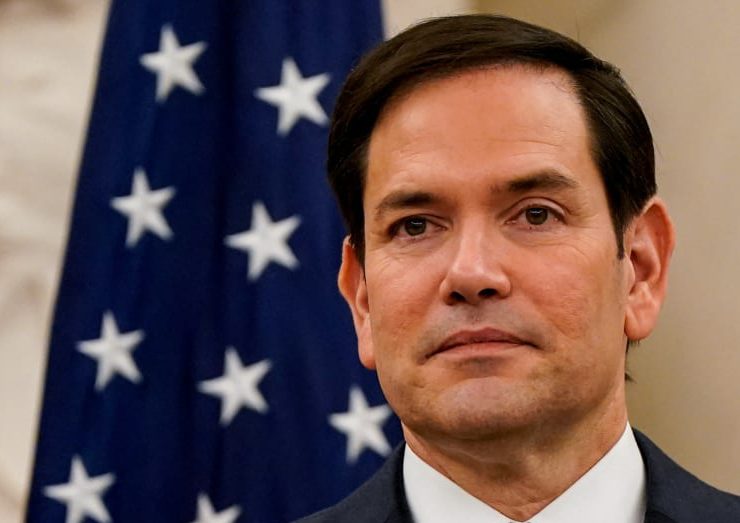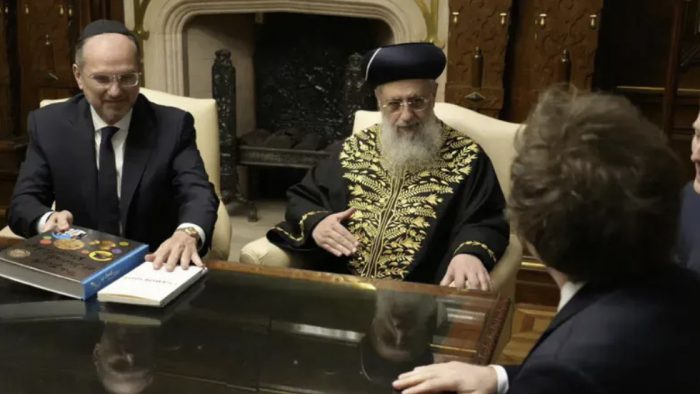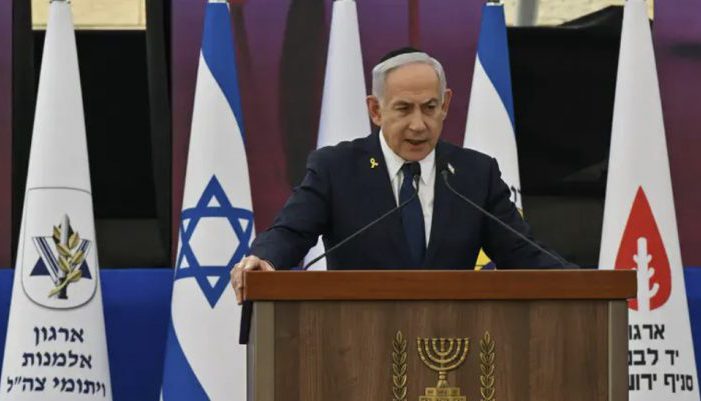U.S. Secretary of State Marco Rubio signals major agreements with Saudi Arabia, as Trump seeks to reignite Israel–Saudi normalization talks.
In a development with sweeping geopolitical implications, U.S. Secretary of State Marco Rubio announced Wednesday that the United States and Saudi Arabia are preparing to sign several “good deals” when Crown Prince Mohammed bin Salman visits Washington next week to meet President Donald Trump.
Speaking to reporters after a G7 foreign ministers’ meeting in Canada, Rubio said he felt “good about where it’s at,” hinting that the agreements — still being finalized — would strengthen U.S.–Saudi cooperation on defense and regional stability.
“We’ll have some good agreements to sign with them,” Rubio said, according to Reuters. “There are still a few things to tighten up, but we’re going to have a good meeting next week.”
While Rubio declined to elaborate, diplomatic sources indicate that the upcoming visit will include defense and strategic partnership agreements, as well as discussions tied to Trump’s ongoing push to expand the Abraham Accords — the historic normalization framework brokered between Israel and four Arab nations (the UAE, Bahrain, Morocco, and Sudan).
Reviving the Israel–Saudi Track
The Crown Prince’s visit comes amid renewed American efforts to revive discreet contacts between Jerusalem and Riyadh, which had cooled following the October 7 Hamas massacre and the ensuing Gaza war.
A senior Saudi royal told Kan 11 News last week that normalization with Israel is “not currently on the agenda,” but confirmed that the Trump administration’s diplomatic team is aiming to “lay the groundwork” for a renewed process.
“The goal is to thaw the ice between the countries,” the source said. “This is a U.S. initiative aimed at narrowing the gaps created by the war and restarting political dialogue.”
The move aligns with President Trump’s vision of a “broader Middle East peace” anchored in Arab–Israeli normalization, economic interdependence, and joint security coordination against Iranian destabilization.
Managing Regional Tensions
Rubio also addressed growing violence in Judea and Samaria, warning that extremist activity could threaten the fragile Gaza ceasefire and complicate U.S.-backed diplomatic efforts.
“I hope not,” Rubio told reporters. “We don’t expect it to. We’ll do everything we can to make sure it doesn’t happen.”
His remarks followed several clashes involving fringe groups in Judea and Samaria — unrest the U.S. fears could derail ongoing stabilization talks and embolden Iran’s regional proxies.
A New Chapter in U.S.–Saudi–Israeli Diplomacy
With Trump determined to restore momentum to the Abraham Accords, and Riyadh signaling cautious openness, next week’s Washington summit could mark the most consequential U.S.–Saudi dialogue since 2018.
The anticipated agreements are expected to cement defense cooperation, expand energy collaboration, and open indirect channels between Israel and Saudi Arabia, reinforcing Washington’s leadership in shaping a post-war Middle East order.
For Jerusalem, the Saudi thaw could reignite the Abraham Accords’ spirit — reminding the region that peace through strength and partnership remains Israel’s most powerful diplomatic currency.





